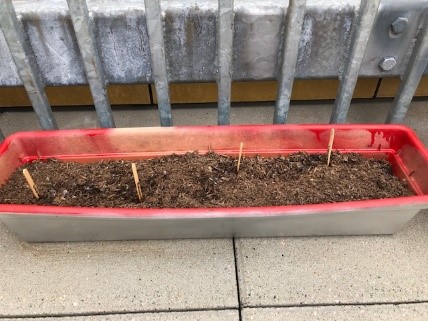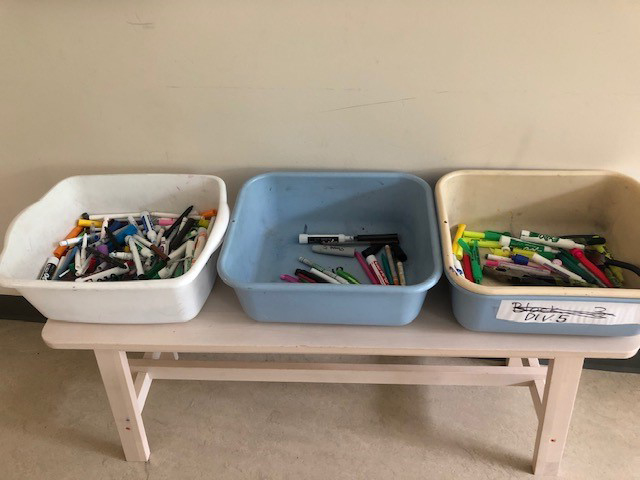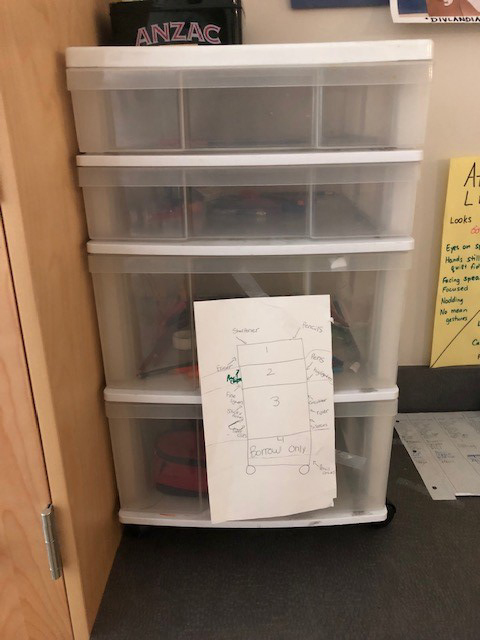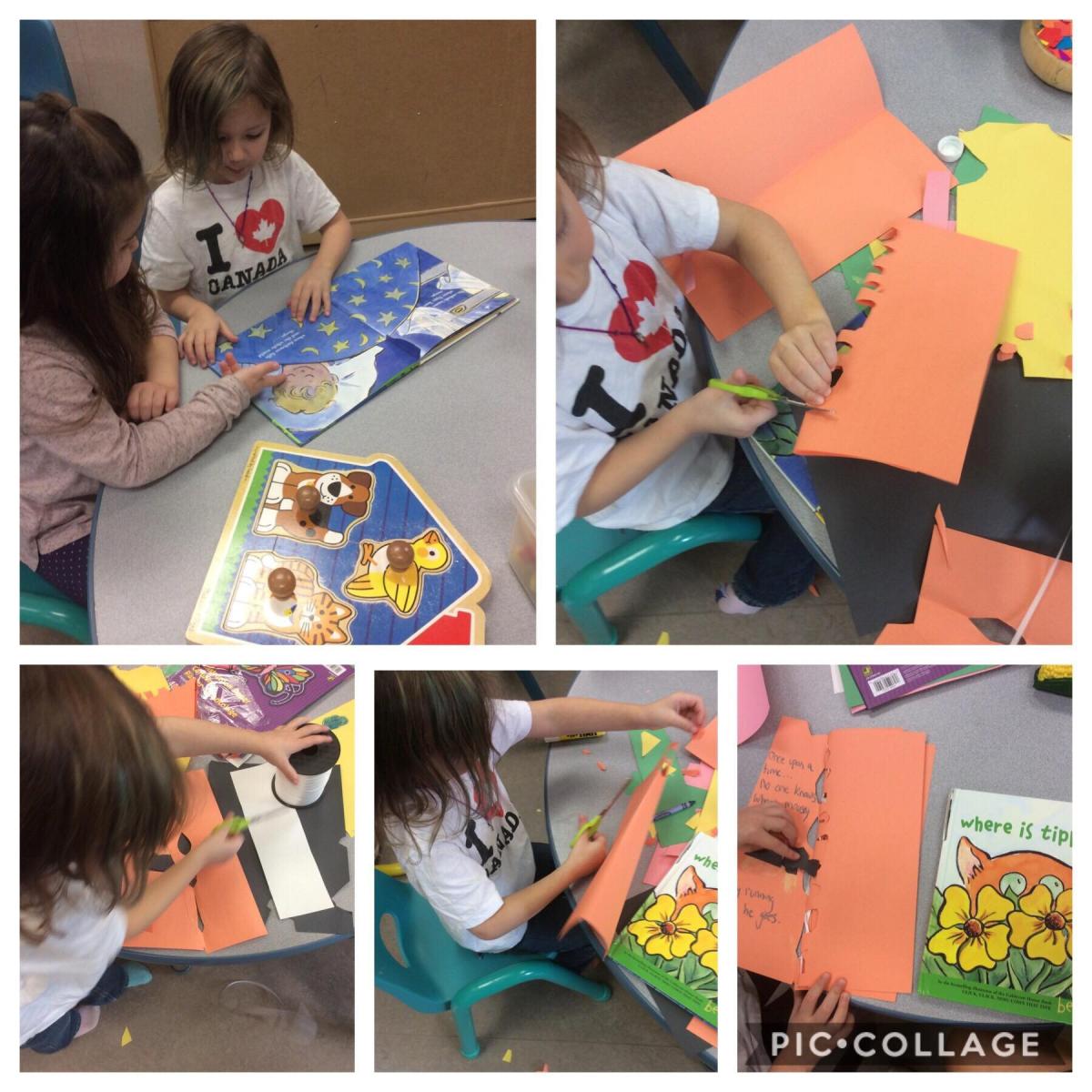Context
Students attended a presentation by Alvin Law. Alvin was born without arms, due to a (now banned) prescription medication that his birth mother was given while pregnant. Alvin uses his story to challenge audiences to rewrite the negative stories they tell themselves—about themselves. For more information About Alvin, visit: https://alvinlaw.com/about/
After the assembly, students responded to what they had heard, prompted by questions including:
One of Alvin’s many strengths is the way he gets us to think about how we view ourselves. Comment on why it is so important to rethink and reevaluate the stories we tell ourselves.
Comment on Alvin’s assertion that: “We all have obstacles in life. It is ultimately our attitude that determines whether they block our path to success or strengthen us on our journey.”
Define Privilege. Describe, as many ways as you can think of and remember, the ways in which Alvin was, or could have been, disadvantaged by society.
Describe the ways that Alvin has shown perseverance and resilience throughout his life, despite his lack of privileges.
Alvin states that first impressions are important, but it’s the final impression that matters the most. Did your impression of him change as the assembly progressed?
Was there anything else that surprised you about today’s presentation?
What are you still wondering about or thinking about, after today’s assembly?
The teacher then prompted students to write about their own stories:
Describe a “negative” story that you either currently tell yourself or have told yourself in your past. For example, negative self-talk or negative stories sometimes sound like: “I can’t do this” or “I’ll never be that…”
After you describe this negative narrative, explain how can you reword that narrative so that you speak about yourself in a much more positive way? You might want to think about what IS possible.
Finally, conclude your response with a connection to an “I can” statement that best fits, and explain why this “I can statement” can be connected and reflected on here.
Illustration
Student Work Sample
Student Three Response
Prompt: One of Alvin’s many strengths is the way he gets us to think about how we view ourselves. Comment on why it is so important to re-think and re-evaluate the stories we tell ourselves.
Student Response: It is important to re-think and re-evaluate the stories we tell ourselves since the few stories we may have may restrict us from the bigger picture of any lesson in life. For example, as Alvin described his situation, he commented that people had certain beliefs about him being able to function as a proper working individual in society. As a survivor of the thalidomide drug that pregnant women used, he explained his personal experiences and how he was restricted to accomplish certain tasks due to his disability. However, he was able to overcome his shortcomings and he proved that the single stories we know about the disabled are not trustworthy. Therefore, it should be required that we should re-think about those stories and should see situations and people for who they truly are.
Prompt: Comment on Alvin’s assertion that: “We all have obstacles in life. It is ultimately our attitude that determines whether they block our path to success or strengthen us on our journey.” Do you agree or disagree with this statement? Why?
Student Response: I believe that it is our attitude that determines our future since without the willpower to succeed, we can only accomplish so much. In the world, there were several geniuses that helped us become a developed society with new inventions and social economies that shape our current society. However, even if they were significantly talented and had bright innovations, these plans were only created because they took the initiative to try to make the world a better place. They all had to overcome several obstacles in life such as poverty, the pressures of society, and their society’s burdening views. Even so, these geniuses such as Albert Einstein held on to their values and are one of the most famous people to contribute to society’s greater future. Therefore, we, as the new generations should persevere on since our ideas may affect the future positively and we can never know for sure until we try and test our theories out.
Prompt: Define Privilege. Describe, in as many ways as you can think of and remember, the ways in which Alvin was, or could have been, disadvantaged by society.
Student Response: In this world, there are several privileges people are born with. Those privileges could be monetary values, materialistic things or even human qualities that are nurtured through an abundance of human contact. However, there are also those who are born without privileges and must fight for them. The definition of a privilege is, “a special right, advantage, or immunity granted or available only to a particular person or group”. Personally, as an individual in society, I was born with several privileges such as a warm family, comfortable funds, and a thriving life as a middle-class citizen. However, Alvin had mentioned he had struggled when he was younger and immature with his lack of love from his biological family, the loss of his limbs since birth and the freedom to act out his opinions out of fear of being judged by society. Unfortunately, these moments were very hard for Alvin as he was growing up, but he soon realized he could fight for these privileges. Therefore, Alvin fought for his privileges and finally achieved them through his hard work and sacrifices he had made. Since Alvin had to fight for some the privileges we view as the norm of society, it became clearer for me as an individual to be thankful for what we have.
Prompt: Describe the ways that Alvin has shown perseverance and resilience throughout his life, despite his lack of privilege.
Student Response: Continuing how Alvin persevered on with his hardships through his life despite his lack of privileges, he fought for his privileges and for his acceptance in society. Born as a child with no arms because of the drug called thalidomide, Alvin had lost some of his privileges that most of us would take for granted. He lost his family and the greater things he could have accomplished with his hands. However, with his lost privileges, this became his fuel to succeed and to grasp his privileges through his hard work. Alvin showed his perseverance when he talked about how hard he had tried to fit in with society by trying to become more independent. He had struggled with some of the daily activities the norm of society completes. However, by practicing and giving it his all, he was able to accomplish some of the harder tasks for him such as wiping himself properly after going to the bathroom. Although this task may seem very easy to some, to Alvin it was one of his greatest achievements on his first task to becoming more independent. Of course, there are still some things that requires assistance from others, but Alvin accomplished several of the ordinary day to day activities to be able to function in society.
Prompt: Alvin states that first impressions are important, but it’s the final impression that matters the most. Did your impression of Alvin change as the assembly progressed? Explain.
Student Response: I believe my first impressions of him changed after I began to hear him talking about his life and his experiences. Although I am ashamed to say, I was expecting a more typical story such as the single stories we hear about people with disabilities. Even though I was expecting a story full of solemn emotions and negativity, I was glad to hear Alvin’s story that had memorable moments. They way he explained his hardships and how he overcame them were very motivating for me as an audience member. Every time I would hear him speak, I could feel his emotions and could feel and imagine what kind of experiences he had gone through. Although Alvin did explain about his hardships in life, he explained he did not want people to pity or sympathize him. That was not his purpose of speaking and he stressed the fact that he lived a quite normal life after being able to fully accept who he was. Therefore, through his strong messages and emotions his message was to seek the true answers to different stories different people have and to be open to them.
Reflecting on the story I tell myself
There have been several moments that I had thought to myself that I had no worth. Being raised in a very competitive environment, I was often faced with the overwhelming pressures from both my family and my friends. With their high expectations, whenever I was unable to fulfil their requirements, I was often ashamed of who I was and could not find any good qualities about myself. I was and am not exceptionally great at any skill or academic course making it seem more helpless for me to picture out my career in the future. I had always wanted to have a special skill or an academic course that could be the solution to all my problems that involved my future. However, the truth was there was nothing that I found was remotely suitable for me, so I accepted that and persevered on with my studies as a whole.
Since there were no special skills that I specialized in, my parents had chosen the life that I would live, constantly reminding me that studying was my only way of life. Although they admitted studying did not always help you, they also told me they only encouraged me to study since being smart could help me land several successful careers. Also, my parents being raised in a similar environment, was taught that it was the only way they knew of living out a successful life. Wanting me to be happy, content with my life and not being able to worry about my financial background, they knew studying was my only option. However, as I was studying, I noticed that there were several other students that were talented at studying which made it seem like it more impossible for me to be able to fulfil my parents dreams.
Not only was I struggling to keep up with those that were more intellectual than me, I was struggling to keep a fine balance between my academic life and my social life. Entering high school, I had met several new friends whom I had gotten very close to in a couple of months. Wanting to cherish my time and youth with them, I spent a lot of time with them. Although everything seemed nice with my studies other than the one subject, I always had difficulty with, I started to realize that my social life was crumbling apart. This time period is where individuals are the most sensitive and very emotional. I had started to fight with this one close friend in which caused my whole friend group to crumble. Although both parties were held as being guilty, the other party never accepted the fact and continued to blame me. As this went on, I felt even more disgusted at myself and thought I was better off being alone.
I had been talking about my shortcomings and my personal beliefs on how I had done very badly. However, through these negative emotions, I realized that I could become someone I wanted to be if I had the willpower. When I had hated myself and questioned myself for behaving a certain way, I realized that it was not my fault and it was not the other party’s fault as well. It was simply the fact that we did not complement each other very well and were not meant to stay in a close relationship. Through the nights, I had cried alone contemplating on what to do with my life. However, one of the best supporters I had during that time was my mom. My mom, although a fairly strict person, was gentle, and she listened to all my troubles and gave me the harsh truths. At first, she was disappointed that I believed these thoughts about myself about my studies and my social life. However, she kept reassuring me that I did matter, and it was simply a hardship I had to overcome becoming a successful adult. Therefore, I realized that there was no need for me to focus on the past. I could only move on, trying to become a better person. I will and can become a successful person that will make not my parents but my own self, proud of who I am.
Reflecting on Personal Awareness and Responsibility
Referring back to the “I can” statement I had previously stated that I could become a better person for myself and not for others. The “I can” statement that I mentioned was a bit different, but it was based on the statement, “I can imagine and work toward change in myself and in the world.” Overall, I had just mentioned being able to point out my flaws and taking the initiative to change for the better. However, from this “I can” statement, I had learned that I did not have to please others and to live a happy life, and that I only needed to please myself. Of course, I had to be mindful of others and their situations and adapt to them. However, overall, this life that I was living was not there’s and they had no right to criticize me for who I was.
The “I can” statement that I had made for myself could and should be relatable since it is a common problem youths experience. Youth are often scared of other’s opinions and try to please those around them and they convince themselves that they are happy when others are content. However, that is merely the pressures society gives us to act out a certain way and should not be followed. Therefore, I believe if I can become a better person for myself, others can become better for themselves as well.



